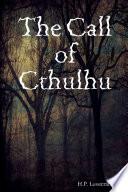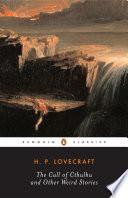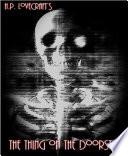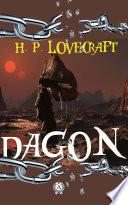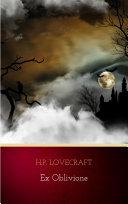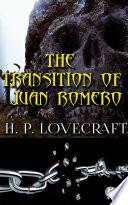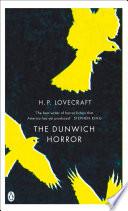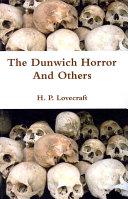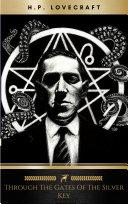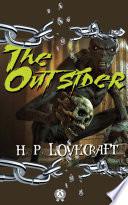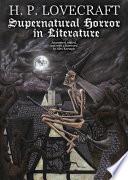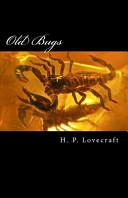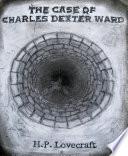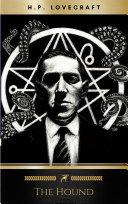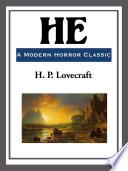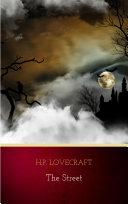Letter to August Derleth (21 November 1930), in Selected Letters III, 1929-1931 edited by August Derleth and Donald Wandrei, p. 220
Non-Fiction, Letters, to August Derleth
Context: Time, space, and natural law hold for me suggestions of intolerable bondage, and I can form no picture of emotional satisfaction which does not involve their defeat—especially the defeat of time, so that one may merge oneself with the whole historic stream and be wholly emancipated from the transient and the ephemeral. Yet I can assure you that this point of view is joined to one of the plainest, naivest, and most unobtrusively old-fashioned of personalities—a retiring old hermit and ascetic who does not even know what your contemporary round of activities and "parties" is like, and who during the coming winter will probably not address two consecutive sentences to any living person—tradesmen apart—save a pair of elderly aunts! Some people—a very few, perhaps—are naturally cosmic in outlook, just as others are naturally 'of and for the earth'. I am myself less exclusively cosmic than Klarkash-Ton and Wandrei... I begin with the individual and the soil and think outward—appreciating the sensation of spatial and temporal liberation only when I can scale it against the known terrestrial scene. They, on the other hand, are able to think of wholly non-human abysses of ultimate space—without reference-points—as realities neither irrelevant nor less significant than immediate human life. With me, the very quality of being cosmically sensitive breeds an exaggerated attachment to the familiar and the immediate—Old Providence, the woods and hills, the ancient ways and thoughts of New England—whilst with them it seems to have the opposite effect of alienating them from immediate anchorages. They despise the immediate as trivial; I know that it is trivial, but cherish rather than despise it—because everything, including infinity itself, is trivial. In reality I am the profoundest cynic of them all, for I recognize no absolute values whatever.

